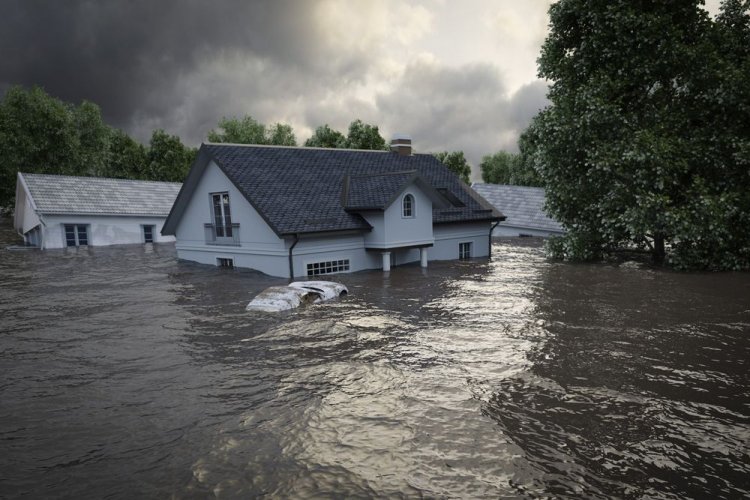Due to climate change, namely melting glaciers and rising ocean levels, about 1 million hectares of southern Ukraine may be submerged.
This was warned by Olena Palahniuk, a weather forecaster at the Ukrainian Hydrometeorological Center, in an interview with Telegraph.
She emphasized that settlements, tourist areas, infrastructure and various types of businesses, nature reserves, and environmentally hazardous facilities are in the zone of potential flooding.
"When this will happen will depend on the rate of global warming. And they are already exceeding the expectations of a decade ago. We probably won't see it, but our children and grandchildren may well witness these changes," Palahniuk said.
The forecaster noted that the water temperature in the world's oceans and its level are breaking historical records. In addition, the ice at the poles is melting extremely fast, which plays an important role in the planet's climate, in particular, it keeps the mainland glaciers from melting.
"When they start to melt too, the ocean level will rise even higher and more and more low-lying areas of the continents will be under water," she said.
According to her, the islands, particularly Fiji, are the most vulnerable to rising sea levels.
Palahniuk noted that if the global temperature rises by 2°C, climate change will become inevitable.
"Global warming and climate change are not about exotic fruits in Polissia. It is about intense heat, prolonged droughts, forest fires, extreme rains, floods and deluges. And together with that – shortage of water and food, climate refugees, – she emphasized. "Climate change should be perceived as a natural disaster and, accordingly, adequately responded to."
Earlier, EcoPolitic wrote, that Roman Leshchenko, Minister of Agrarian Policy and Food, said that the problems with drought and climate change are acute not only in Southern but also in Central Ukraine.
As EcoPolitics previously reported, a report by the World Meteorological Organization (WMO) stated that during 2025-2100, the total cost of inaction is estimated at $1266 trillion , which means that the price of climate action is lower than inaction.





